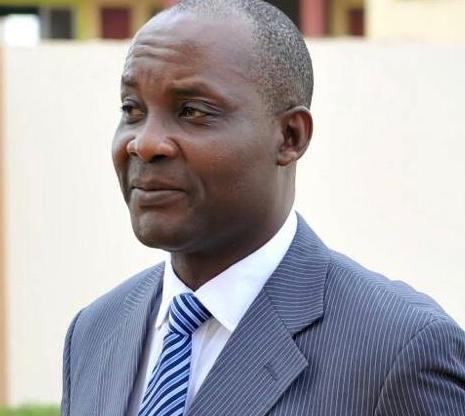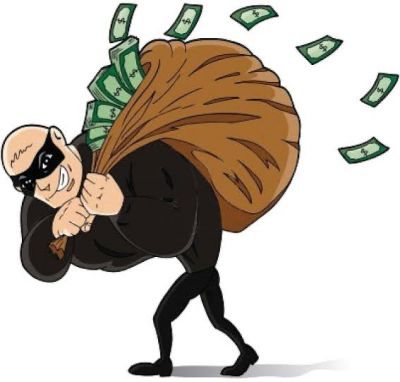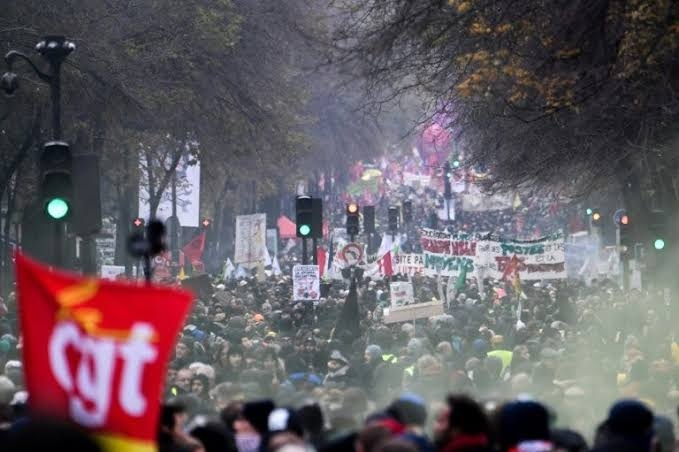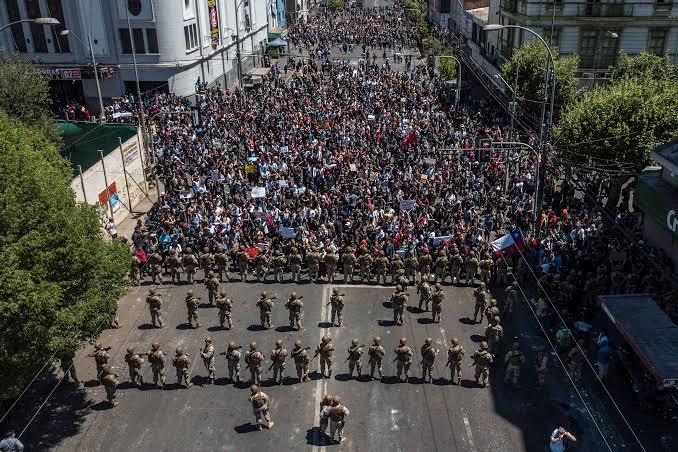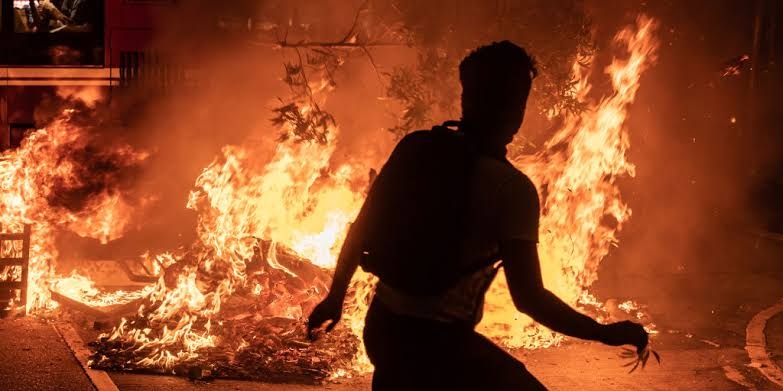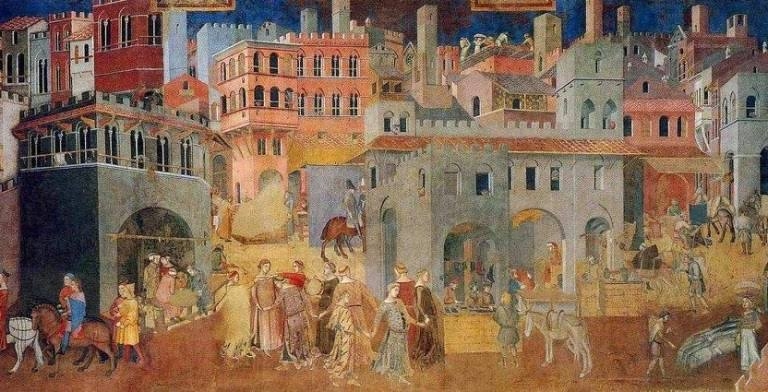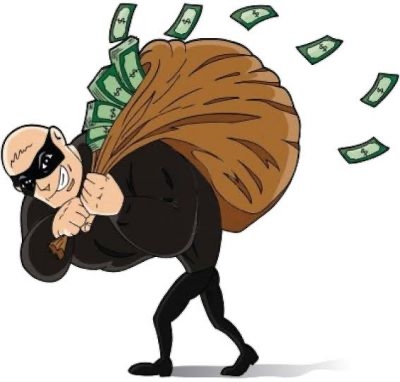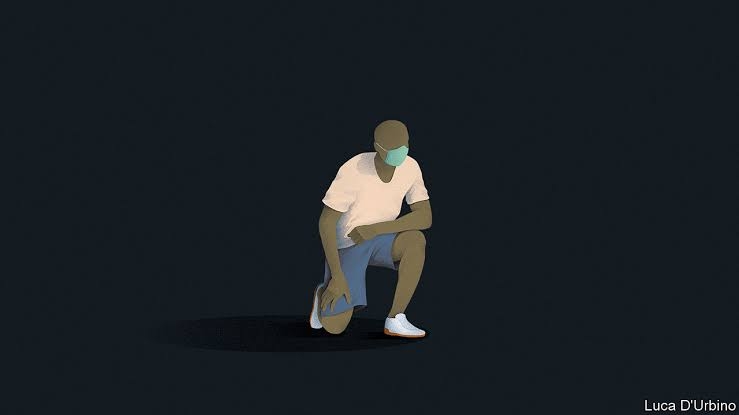Thirty five years after the late Dele Giwa lamented that Nigerians have been shocked into a state of “unshockability”, we must now wonder whether the limits we thought were the limits then were really the limits.
Nobody ever imagined that what we are witnessing was possible in the history of modern Nigeria. The shock absorbers have finally come off the vehicle.
It is surely going to be a noisy and bumpy ride to wherever.
But as scary as this may appear, it should be the least of our problems. Neither is the fact that even the authorities appear to be so enfeebled and disoriented by the monumental mess that registering a minimal protest at the utter devastation of our post-independence of hopes is too much of a concession.
Never in the history of this country has so much in your face stealing and looting of state resources meant for the amelioration of the piteous condition of the populace accompanied by such impudence, such impunity and such psychotic grandstanding.
If anybody had thought that because of the history of suffering and degradation of the landscape the Niger Delta elite segment would be different from the national elite group of which it is a mere sub-national formation, it is now obvious that such a person has been living in a fools’ paradise. No straight furniture can be procured from crooked timber.
Despite all the noise, the huffing and puffing in the creeks and the armed critique of the Nigerian post-colonial state, it is now clear that the Niger Delta sub-elite formation takes its character, inspiration and ideological outlook from the national elite formation.
Nigeria is hostage to different elite groups sworn to extractive predation who merely resent the hegemonic group that has captured power at the centre through superior wiles.
Consequently, the Nigeria political and economic jungle plays host to a posse of predatory elite hunting squads bent on imposing a radical kleptocracy on the nation with the attendant rubbishing of all institutions standing in the way.
This relentless onslaught on all institutions of the modern nation-state is the surest route to modern savagery and a stark regression to the Stone Age of human infancy.
Unlike panic buying which can occur in even the most advanced societies as a result of actual or imagined scarcity, panic stealing is attributable to congenital greed arising from a primitive psychosis which is a throwback to the hunter-gatherer stage of human existence where nothing could be taken for granted and where the next meal could not be guaranteed.
In the ensuing free for all stealing, anything and anybody is “game” in all the senses of the word.
The primitive hunter-gatherer of human antiquity was a victim of himself and of historical circumstances. Existing in the liminal zone between animal barbarity and the advent of true human civilization, his only notable achievement at that point in history was that he had exterminated rival hominids in competition with him for scarce resources while he had managed to subdue the bigger animals with his superior brains.
But hunting down animals and defending himself with his primitive tools even as he relied on the bounties of nature which sometimes played the spoiling mother, the urge to return to the pure state of nature often proved irresistible.
At least by so doing, he could free himself from all attempts to rein him in and force him to comply with evolving human institutions.
That we have to reach back to antiquity and the childhood of humankind to find a comparison with the tragedy of anomic free fall that is unfolding in Nigeria is an indication of just how dire the situation has become.
As we have seen with many modern nations that fell by the wayside, the utter destruction of a nation is normally preceded by the destruction of extant state institutions built with blood, sweat and tears.
It is profoundly ironic that a nation containing many nationalities that had created famous empires, notable kingdoms and remarkable traditional institutions on their way to a version of modernity should find themselves in the middle passage of a journey back to the Hobbesian state of nature. It is a consuming tragedy for Nigeria and the entire Black populace.
But it did not start yesterday. It has been a long haul. In order to get a sense of where we are and how we arrived at this dire strait, it is necessary to go back and pull out some memorable milestones and benchmarks on the journey to perdition.
It is almost fifty five years since that memorable morning when Chukwuma Kaduna Nzeogwu famously proclaimed that Nigeria’s principal enemies were the ten-percenters: corrupt politicians who creamed off ten per-cent of every contract awarded.
The irate major, burning with patriotic but misguided indignation, went on to add with chilling resolve that he and his colleagues were ready to waste one percentage of Nigeria’s population in order to instil the fear of the Lord in the populace.
He could have been talking to himself. Exactly seventeen years after in the aftermath of a popular military coup that ousted the corrupt and profligate regime of Alhaji Shehu Shagari, a London-based Nigerian magazine proclaimed in loud banners: The End of a Lootocracy. It was a summary decapitation of the misbegotten legacy of the NPN and its band of looters.
The irony of it all was that the coup was led by the current head of state, the then Major General Mohammadu Buhari who was to be ousted by his military colleagues a year and several months later.
So despondent and desolate had Nigerians become that the military had to reassure the populace that they would make sure that Nigerians were proud of their country once again.
But ten years later the military had exhausted its historic and political possibilities. After mismanaging the economy and its own advertised transition to democracy programme in what would be described as the greatest exercise in political chicanery ever visited on a people, the military were at that point in time regarded as the greatest obstacle to the economic development and political emancipation of the nation.
In what was described as an apt epitaph to misbegotten military messianism, a retiring Chief of Army staff, Ibrahim Salihu, widely regarded as one of the finest products of the Nigerian Army ever, publicly dismissed the military as “an army of anything goes”.
It was perhaps one of the most damning indictments ever slammed on an institution by one of its outstanding officers.
Twenty one year into post-military rule and fifty five years after Nzeogwu’s famous excoriation, Nigeria is in virtual institutional ruins, overtaken by the worst kind of state larceny imaginable and panic-stealing everywhere.
In retrospect and in contrast, the First Republic of the frugal and parsimonious Abubakar Tafawa-Balewa, the fiscally prudent Obafemi Awolowo and the royally Spartan Ahmadu Bello seems like a faraway dreamland, a mesmerizing paradise.
The sordid revelations of the past fortnight are an eye-opener to how far we have travelled and how low we have sunken.
No arm or faction of the ruling class has been exempt from the corrosive rot, not even the so-called professoriate. It is said that the intellectual class is just a subordinated faction of the dominant faction.
Of the three professors that have held sway so far in NDDC and its OMPADEC predecessor, one has permanently absconded from justice hiding away in the creeks, another has only recently been disgraced and disrobed while the third has just fainted in full public glare. It doesn’t get more professorial than that.
In sixty years of post-independence existence, we have rubbished all the vital institutions, all the pillars of state integrity and all the principles of political and economic praxis that would have stood the nation in good stead in its march to authentic and organic nationhood. Now the nation is naked against the onslaught of hostile modernity.
To take only two examples, just think of all the vibrant banks that have been burgled out of existence as a result of panic stealing by Nigeria’s post-colonial elite in the sixty years after independence: Bank of the North, Africa Continental Bank, National Bank, Savannah Bank, Oceanic Bank, Intercontinental Bank etc. Even the People’s Bank was eventually destroyed by “people”. Rodents had not started swallowing money.
All the durable organs of the state have been decimated in an attempt by factions of the elite to secure the High Table at the state banquet of engorgement: the military, the judiciary, the legislature, the traditional institution and the bureaucracy.
This is not discounting the fate of numerous Nigerian heroes and avatars from all parts of the nation and all walks of life whose careers and life have been destroyed in the epic struggle against the rise of modern savagery.
In a moment of clairvoyant lucidity, Ibrahim Babangida once wondered aloud why the Nigerian economy had managed to survive despite the damnedest efforts of the political elite.
The same cry of wonderment should now be extended to Nigeria as a nation. It is a miracle that Nigeria is still limping on, like a shell-shocked survivor of the worst human atrocities imaginable.
But this legendary luck cannot continue forever. Events of the past fortnight suggest a nation that is at the end of its historic tether.
Many have ascribed the permanent rush on the treasury and the rise of panic stealing among Nigeria’s post-colonial elite to a declining loss of faith in the continuous viability of the nation as a single entity.
It is said by many who should know that the hegemonic faction of the ruling class, aware of its many infractions against the spirit of the nation, its serial injustice against the constituting nationalities and above all its murderous rapacity, has been stocking up against that inevitable day of judgement.
So are many factions of the dominated classes who are trying their best to bring the nation speedily to heel rather than prolonging its miseries.
The outlandish scale of theft and the sheer mindless heist that have taken place in the NDDC is said to be part of this strategy of saving and face saving for the anointed hour of dismemberment.
The whole sordid theatre is encapsulated in the Yoruba saying that what the bird eats is what the bird takes off with.
There are many others who have traced the nation’s fundamental problem and the phenomenon of panic stealing to the toxic pathologies released by the reality of being unequally yoked together, a situation in which nationalities at different stages of human development are boxed into the explosive ambit of a single nation.
Yet it is obvious that it is the absence of the will or visionary impetus to fashion and forge an organic nation out of the disparate entities that has made looting such a fashionable alibi for hard work and nation-growing.
Despite realising that Nigeria is a mere geographical expression exactly seventy five years ago, Awolowo never gave up on the Nigerian project until his last breath over thirty years ago.
It is important to make this point as a precautionary reminder to those who believe that Nigeria’s problems will be solved once the constituting nationalities decide to go their separate ways.
To be sure, no proud people with a sense of history and where they are coming from will allow themselves to be subject to the permanent feudal blackmail of those who do not want to develop and who do not want others to develop without something giving eventually.
But it should be clear that were Nigeria to splinter in the current circumstances of institutional meltdown and political normlessness, it is more likely to produce the two Sudans rather than Czech and Slovakia republics.
It will be recalled that the two were separate national entities before their forcible merger by their European overlords.
For the time being, Nigerians may yet have the British colonialists to thank for whatever drove them to create Nigeria as a nation-state.
If Nigeria were to be a feudal monarchy, all the noise about looting and stealing would have been tantamount to treasonable utterances attracting capital punishment.
In ways that may be unknown to its denizens, the spirit of the modern nation-state in Nigeria has always asserted itself at critical moments. It will do so yet again sooner than later.
The Nation

